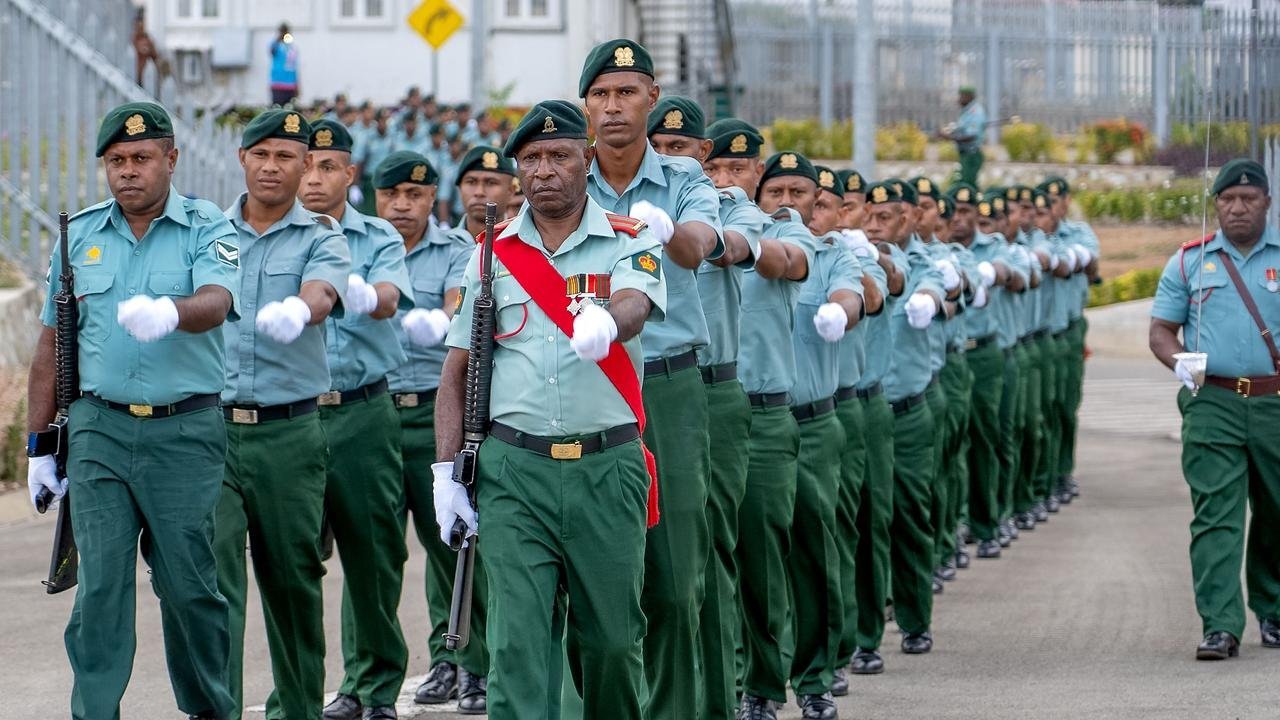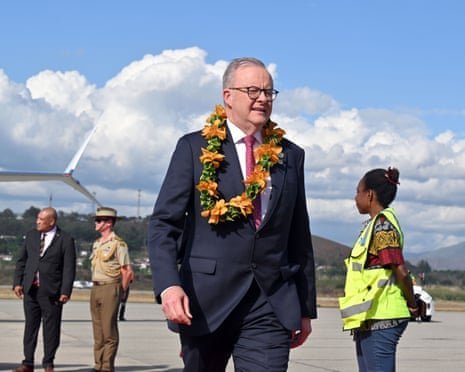BREAKING: Australia and PNG to sign historic defence treaty – and it’s a game-changer for national security
- Australia and Papua New Guinea are set to sign a landmark defence treaty that will require both countries to come to each other’s aid in the event of an attack.
- The treaty will give the Australian Defence Force unimpeded access to PNG facilities and areas, and allow for the recruitment of citizens from each other’s countries into their defence forces.
- The pact is seen as a major upgrade in Australia’s defence relationship with PNG, and comes as the Pacific region faces increasing geo-strategic competition from China.
In a move that’s being hailed as a significant boost to national security, Australia and Papua New Guinea are poised to sign a historic defence treaty that will cement their mutual defence commitment. The deal, known as the Pukpuk Treaty, will require both countries to come to each other’s aid in the event of an attack, in a major show of strength in the face of rising regional tensions.
The treaty, seen by the ABC, will also give the Australian Defence Force unimpeded access to a number of facilities and areas within Papua New Guinea, in a move that’s being seen as a significant upgrade in Australia’s defence relationship with its Pacific neighbour. And in a major development, the pact will allow for the recruitment of citizens from each other’s countries into their defence forces, in a bid to strengthen military cooperation and interoperability.
Australian Prime Minister Anthony Albanese and PNG Prime Minister James Marape are expected to sign the deal later this week, in a move that’s being seen as a major milestone in the two countries’ bilateral relationship. And with the Pacific region facing increasing geo-strategic competition from China, the pact is being hailed as a major boost to regional security.
“The treaty is meant to prepare our militaries to be battle-ready and for a very bad day,” a PNG cabinet submission, seen by the ABC, said. “It has the ability to bite and like a crocodile, its bite force speaks of the interoperability’s and preparedness of the military for war.”

The treaty comes as Papua New Guinea marks its 50th anniversary of independence from Australia, Britain and Germany, and is seen as a major step forward in the country’s bid to strengthen its military capacity. “If someone chose to invade our country right now, as your prime minister, I don’t have the capacity to defend you,” PNG Prime Minister James Marape said. “I have a moral obligation to build my military to a level that I can have the capacity to defend Papua New Guinea, every child.”
But not everyone is convinced of the deal’s merits, with former PNG military commanders raising concerns about the implications for PNG’s sovereignty. “The most important question here is, who takes ownership of the Papua New Guinea Defence Force?” Commodore Peter Ilau, a former PNG Defence Force commander, said. “Loyalty number one must be to Papua New Guinea. If that is guaranteed, then by all means sign a treaty.”
Despite these concerns, the treaty is seen as a major step forward in Australia’s defence relationship with PNG, and a significant boost to regional security. And with the Pacific region facing increasing competition from China, the pact is being hailed as a major game-changer for national security.

